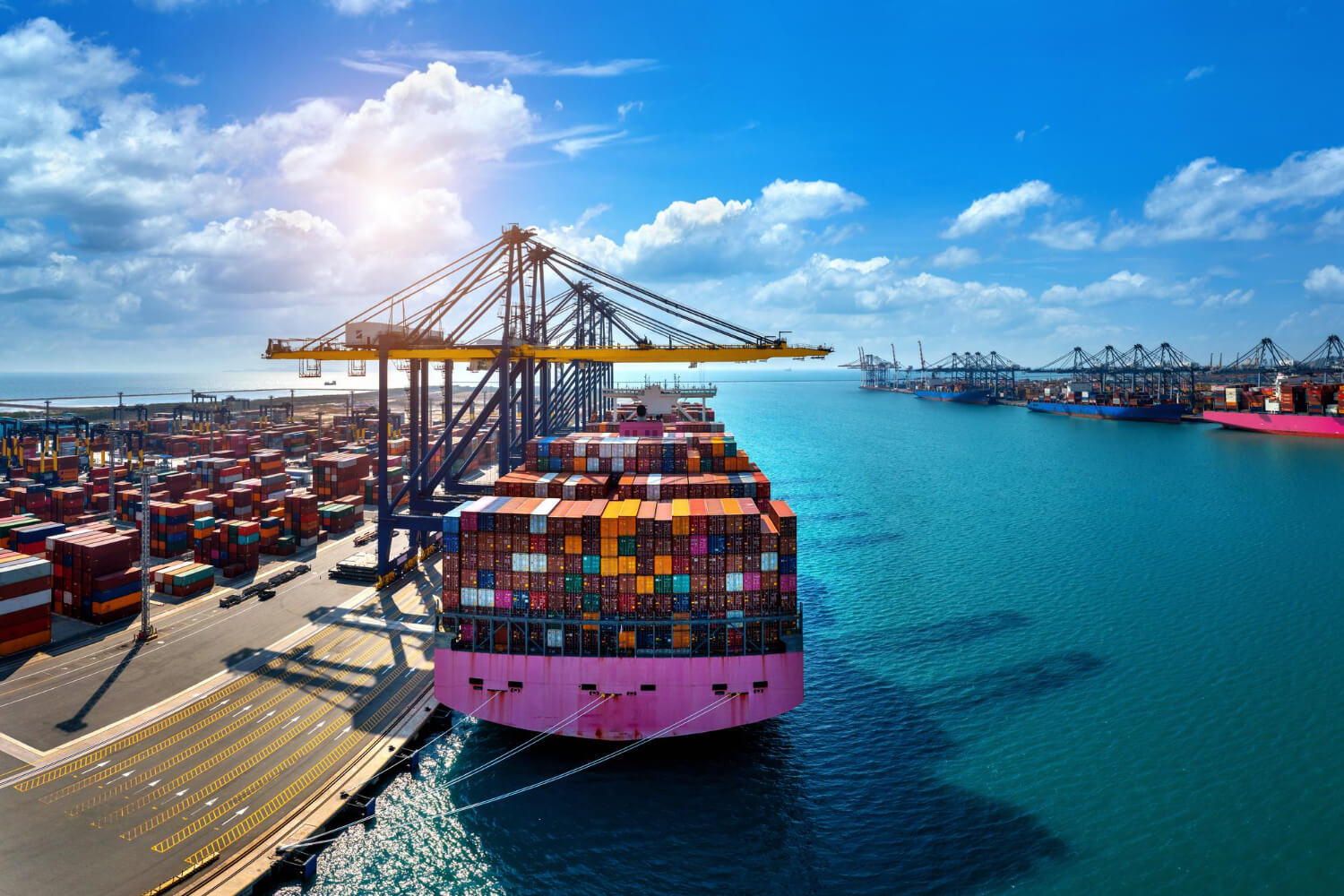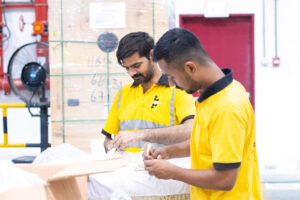
Investment Delays Due to Uncertainty
Rising Shipping Costs Pose Greater Challenge for Vulnerable Economies
Policy Recommendations for Striking a Balance
New Collaboration to Deepen Impact Assessment
Maritime transport took center stage at COP28, the United Nations’ annual climate change conference that commenced on November 30 in Dubai, UAE. Facing mounting pressure to decarbonize, this sector, responsible for transporting approximately 80% of the world’s merchandise trade, is under scrutiny. The shipping industry contributes roughly 3% to global greenhouse gas emissions (GHG), and over the past decade, its emissions have escalated by 20%—a trajectory deemed unsustainable by UNCTAD Secretary-General Rebeca Grynspan.
She emphasized that decarbonizing shipping requires bold global action, but it requires action across the entire ecosystem.
A recent policy brief from the United Nations Conference on Trade and Development (UNCTAD) advocates for the collaboration of carriers, ports, manufacturers, shippers, investors, energy producers, and distributors. This collective effort is proposed to facilitate the industry’s decarbonization process and ensure that it is conducted in a just, fair, and equitable manner.
Investment Delays Due to Uncertainty
The brief underscores that uncertainty surrounding regulations and alternatives to fossil fuels is causing delays in the necessary investments.
Estimates indicate that achieving decarbonization of the world’s fleet by 2050 could incur an annual cost ranging from $8 billion to $28 billion. Additionally, an extra $28 billion to $90 billion per year is required for the development of carbon-neutral fuel infrastructure. This substantial financial commitment could lead to increased shipping costs, impacting the global economy.
According to a 2023 UNCTAD simulation, hypothetical increases in maritime logistics of 10%, 30%, and 50% could result in a reduction of global GDP by 0.01%, 0.04%, and 0.08%, respectively.
In monetary terms, a 0.08% decline in global GDP, valued at $104 trillion in 2022, would equate to approximately $80 billion in losses to the global economy.
Rising Shipping Costs Pose Greater Challenge for Vulnerable Economies
While elevated shipping costs would affect all economies, the repercussions would be particularly severe for small island developing states and least developed countries. These nations, heavily dependent on maritime transport, are already grappling with heightened shipping expenses and possess limited resources to manage further price increases.
Ms. Grynspan expressed concern, stating that if shipping decarbonization efforts were not accompanied by economic growth, sound multilateral regulation, and technological innovation, there’s a risk that it would leave behind, in the short run, exactly those nations that it stands to help the most in the long run.
Policy Recommendations for Striking a Balance
The UNCTAD policy brief sets forth four recommendations to assist the maritime industry in harmonizing economic, environmental, and regulatory objectives and concerns.
Establish a universal regulatory framework that applies to all ships, irrespective of their flag of registration, country of ownership, or area of operation. This approach aims to prevent a two-speed decarbonization process and the emergence of fragmented solutions and exemptions that could distort the level playing field for shipping and trade.
Implement regulations designed to minimize uncertainty, a current impediment to investment decisions made by shipowners, shipyards, and ports.
Encourage investors and financial institutions to significantly increase funding for research and development in clean-fuel shipping technologies and infrastructure.
Introduce a levy on fuels or a carbon price to enhance the competitiveness of alternative fuels while generating funds that can aid smaller and vulnerable economies in achieving a green and just low-carbon transition.
New Collaboration to Deepen Impact Assessment
UNCTAD and the International Maritime Organization (IMO) jointly announced a new partnership on December 1 at COP28, aimed at further assessing the potential impacts of decarbonization on maritime logistics, with a specific focus on developing countries.
This collaboration involves a comprehensive examination by UNCTAD, analyzing how a range of mid-term measures—such as maritime greenhouse gas pricing mechanisms currently under negotiation at the IMO—could potentially affect countries’ trade, GDP, and consumer prices.
With financial support amounting to $500,000 from the IMO, this project is set to continue until March 2025. Its overarching goal is to contribute to global consensus-building for a low-carbon future in shipping, thereby reducing uncertainty for investors.


